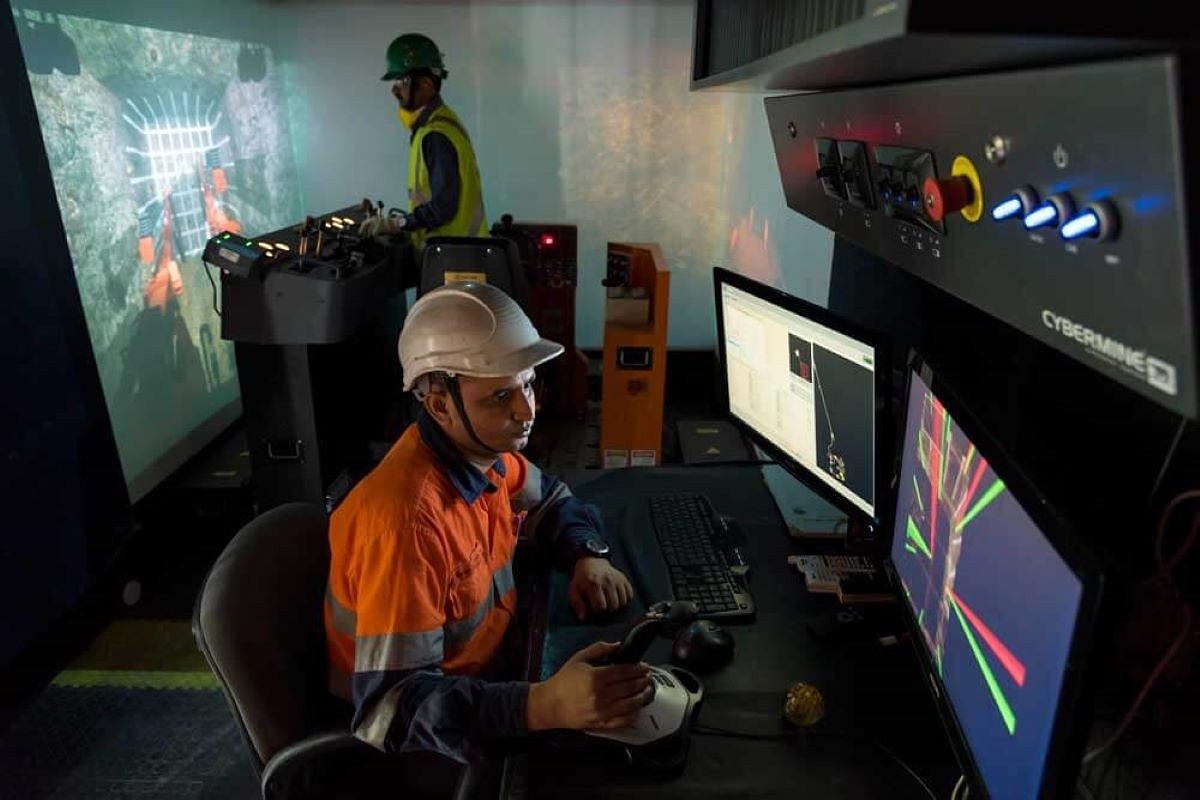Business
Why Vedanta’s Stock Price Remain Volatile
- Vedanta's investors have almed to some extent after the pre-payment of debt by the company, but until all of the liabilities are paid back, investors will remain jittery. At the same time, paying back the parent’s debt at the cost of the listed subsidiaries’ financial health wouldn’t help investor sentiment either.

Vedanta
Vedanta Limited, India's leading Metal and Mining conglomerate, had seen its stock price decline nearly 18 per cent in February before bouncing back on Wednesday.
The decline in stock prices has been attributed to investor concerns about the company’s debt, while the bounce-back came after Vedanta prepaid some of its debt maturing this month to alleviate investor concerns. Overall, the company would have to pay back bond maturities worth $ 900 million in April and May 2023.
The rating agency Moody’s had previously downgraded Vedanta’s holding company, Vedanta Resources debt by raising concerns about its ability to raise debt. It had downgraded Vedanta from B2 to B3, post which Vedanta terminated Moody’s services as its rating agency.
Moody’s report stated that Vedanta Resources had substantial cash needs – including external debt maturities of $ 3.8 billion, $ 450 million from an inter-company loan, and annual interest payments of $ 600 million.
Since Vedanta Resources is only a holding company, it depends on its subsidiaries for cash. As a result, Vedanta Limited pays out huge dividends to its parent company to help it pay back debt.
Currently, Vedanta’s dividend yield stands at nearly 30 per cent, as opposed to the usual zero to two per cent for a company of its size.
According to Moody’s, these dividends alone would not suffice, and Vedanta Resources would have to raise debt from banks. Vedanta did not find these views realistic and said they were “highly pessimistic”. It has constantly reiterated that it can raise funding without facing any issues in paying down its debt maturities and other liabilities.
Indian government, which owns nearly a third of HZL, has taken a stance against such a sale since it qualifies as a related party transaction. Rather than a direct outflow of cash, the government has asked for a non-cash deal between the two companies. However, since the point of the deal was quite possibly only receiving cash from HZL, Vedanta might not pursue this route.
It hasn’t helped matters that S&P Global Ratings has said that Vedanta’s deal with HZL regarding the sale of its international zinc assets would be crucial to sustaining liquidity beyond September. While S&P has highlighted that Vedanta would be able to meet its obligations, it would have to work on raising capital or selling assets to sustain strong liquidity beyond September.
Clearly, the government’s intervention in the deal does not bode well for Vedanta’s parent company. Using subsidiaries’ cash to pay the debt could have another impact at the subsidiary level – rising debt. Since cash would be diverted to pay dividends, subsidiaries must take up debt to finance capital expenditure. As a result, the group companies could become laden with debt. Nevertheless, reports suggest that the group is in talks with various lenders to refinance its debt.
In an increasing interest rate environment, combined with declining commodity prices, Vedanta might need help raising new debt at a cost that it is comfortable with.
Two rating agencies have raised concerns about its liquidity scenario, which could make banks and investors concerned about the group’s financial health.
On the flip side, its businesses have strong positive cash flows, allowing the group to survive tough times.
Investors were calmed to some extent after the pre-payment of debt by the company, but until all of the liabilities are paid back, investors will remain jittery. At the same time, paying back the parent’s debt at the cost of the listed subsidiaries’ financial health wouldn’t help investor sentiment either.
Introducing ElectionsHQ + 50 Ground Reports Project
The 2024 elections might seem easy to guess, but there are some important questions that shouldn't be missed.
Do freebies still sway voters? Do people prioritise infrastructure when voting? How will Punjab vote?
The answers to these questions provide great insights into where we, as a country, are headed in the years to come.
Swarajya is starting a project with an aim to do 50 solid ground stories and a smart commentary service on WhatsApp, a one-of-a-kind. We'd love your support during this election season.
Click below to contribute.
Latest